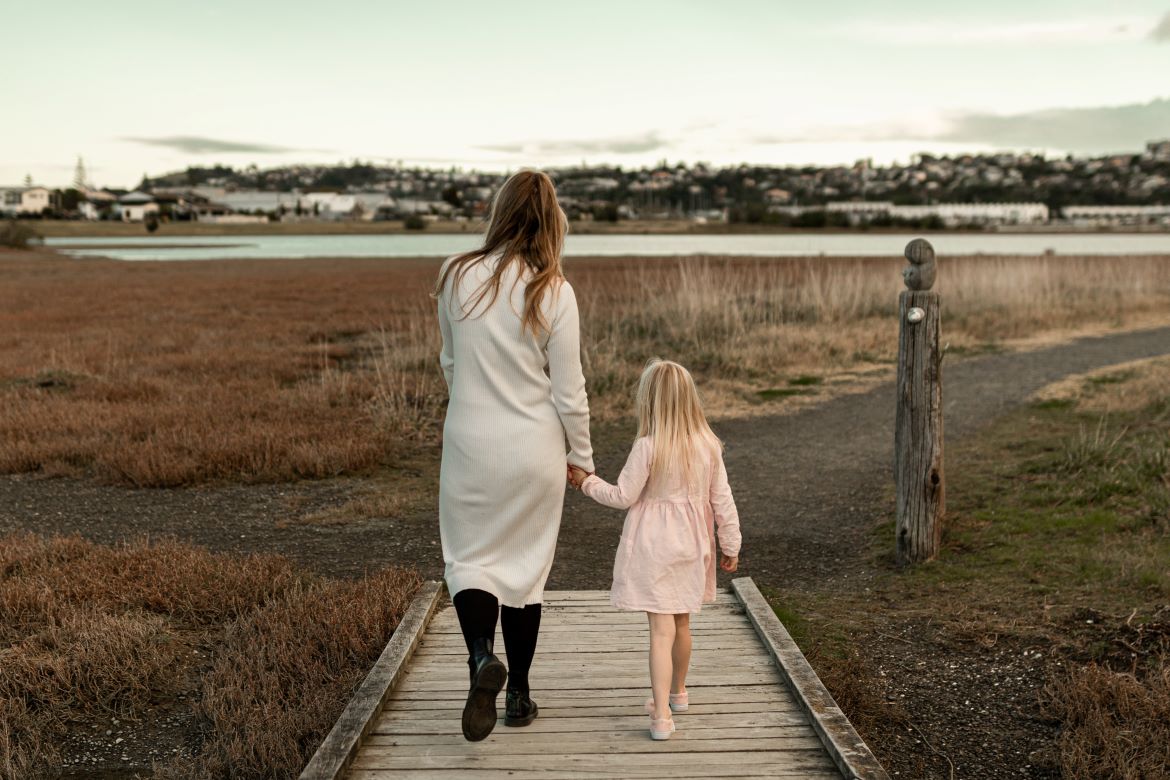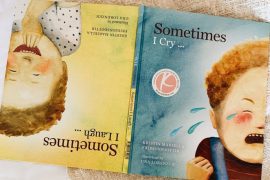By Dr. Laura Markham
Ever wondered why some parents can keep a sense of humour in the face of their child’s challenging behaviour while another parent starts yelling? Why some parents plague themselves with criticism, worry and doubt while others seem more able to just relax and enjoy their children?
Sometimes, it’s just our stress level. We all know that when we’re under stress, we’re less patient. And parents certainly have even more reason than usual to be stressed in the middle of a pandemic.
But often it’s our thoughts and attitudes, which means the way we’re interpreting the situation. So where one parent might respond to a child’s rudeness with quiet dignity and curiosity about why the child is so upset, another might get triggered, assuming that defiance is dangerous and needs to be quashed.
We don’t even notice such beliefs, which are usually unconscious and were often shaped in early childhood.
For instance,
- If our parents reacted harshly when we got upset, we may have concluded that getting upset is an emergency, so now we go into fight or flight when our child gets upset. The catch? When we’re in “fight,” our child looks like the enemy. We end up escalating the drama and making everything worse.
- If we weren’t treated with respect when we were young, we often grow into adults who perceive others as disrespecting us — which will trigger us to react with anger to the slightest disrespect, even from a three-year-old.
- If we concluded as children that we simply weren’t good enough the way we were, we’ll probably set impossibly high standards and torment ourselves with self criticism. Worse yet, perfectionism always sabotages the unconditional love our children need, and they always sense it when we don’t accept them as they are.
- If we were bullied or socially ostracised, we may get triggered when our child has social difficulties, which makes it more difficult to help them constructively.











